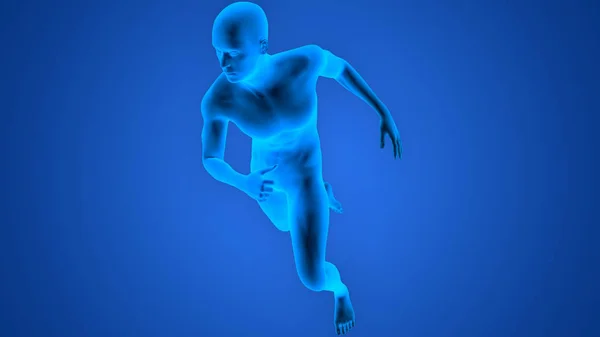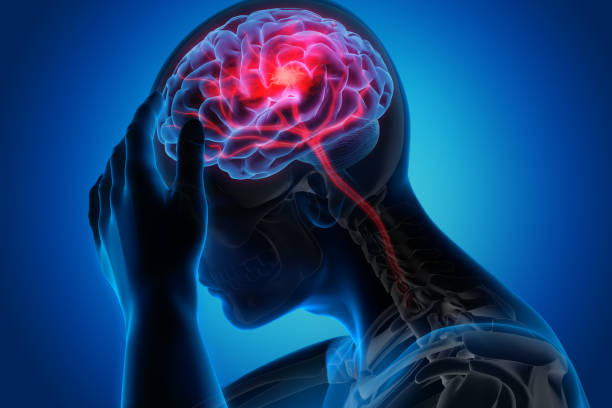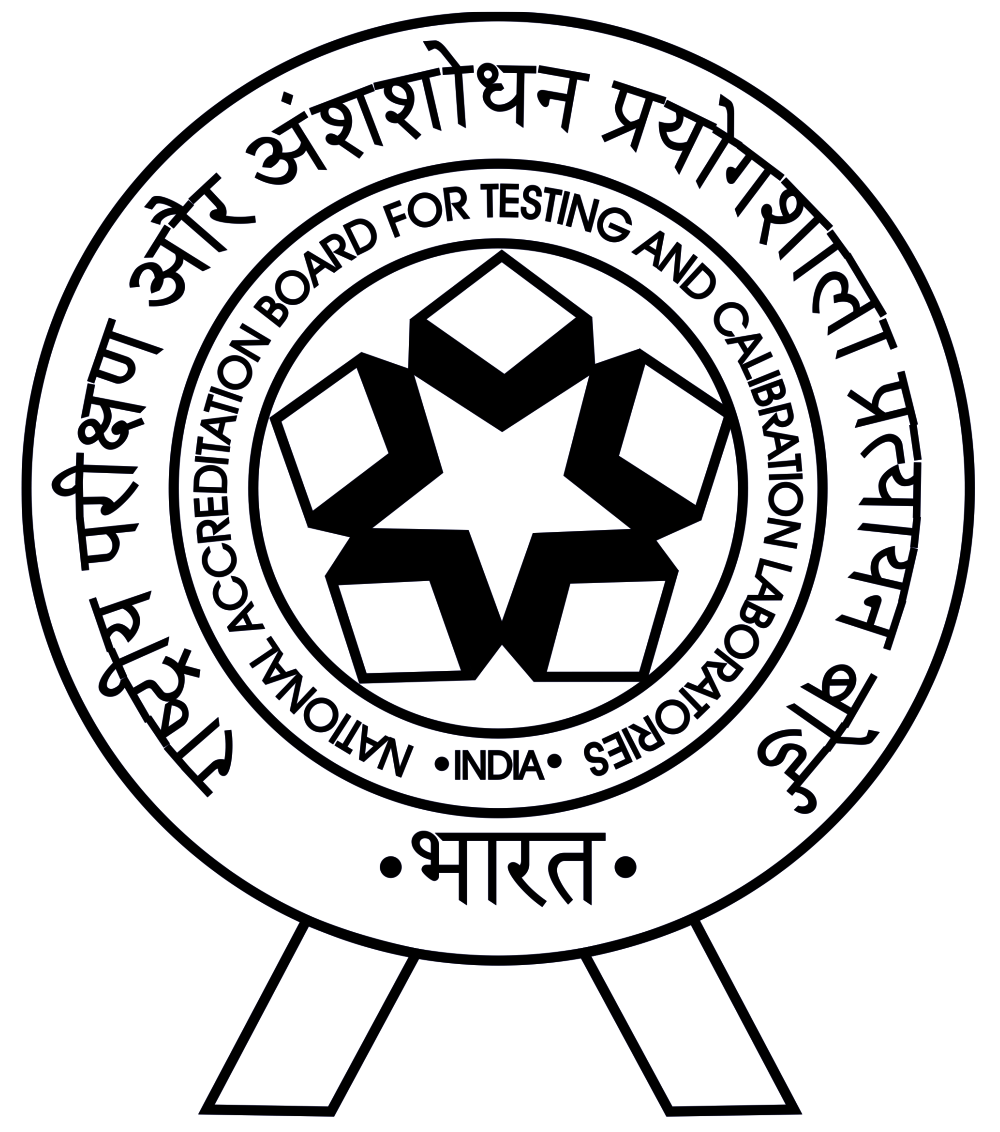
Epilepsy Care & Seizure Management at ShardaCare – Healthcity
Epilepsy, a Neurological condition affecting the Brain, Renders individuals more prone to recurrent Seizures, marking one of the most prevalent disorders of the Nervous System across all age groups. Seizures can be triggered by various factors disrupting the normal connections between Nerve Cells in the Brain, including High Fever, Fluctuations in Blood Sugar Levels, Alcohol or Drug withdrawal, or even a Brain concussion. While such circumstances may induce Isolated Seizures in anyone, the diagnosis of Epilepsy is typically made when an individual experiences two or more Seizures. The underlying causes of Epilepsy are multifaceted, encompassing factors such as imbalances in Neurotransmitters, the presence of Tumours, Strokes, Brain damage from Illnesses or Injuries, or a combination thereof. Notably, in a significant portion of cases, the root cause of Epilepsy remains unidentified despite thorough investigation.
Symptoms
Symptoms of Seizures can manifest differently based on the type of Seizure experienced. Given that Epilepsy arises from specific Brain activity, Seizures have the potential to impact various Cognitive and Physical functions. Some common seizure symptoms include:
- Temporary confusion, where individuals may feel disoriented or have difficulty processing information.
- Staring spells, where a person may appear unresponsive or disconnected from their surroundings.
- Stiffening of Muscles, often resulting in rigidity or tension in the body.
- Uncontrollable jerking movements of the Arms and Legs, known as convulsions.
- Loss of Consciousness, where individuals may become Unconscious or Unaware of their surroundings.
- Some Psychological symptoms, like fear, worry, or a sense of déjà vu, can happen before or during a Seizure.
Types of Seizures
Seizures are categorized into two main types: Focal and Generalized, based on where and how the Brain activity initiating the Seizure begins.
Focal Seizures: Focal Seizures arise from activity in one specific area of the Brain. They are further classified into two types:
- Focal Seizures without Loss of Consciousness: Formerly known as simple Partial Seizures, these Seizures do not result in a loss of awareness. They may manifest as alterations in emotions or changes in sensory perceptions, such as visual or auditory disturbances. Individuals may experience sensations like déjà vu or involuntary movements of a body part, such as Jerking of an Arm or Leg. Sensory symptoms like Tingling or Dizziness may also occur.
- Focal seizures with impaired awareness: Previously referred to as complex Partial Seizures, these Seizures involve a change or loss of consciousness. Individuals experiencing these seizures may appear to be in a dream-like state, staring into space and exhibiting repetitive movements like hand Rubbing or Chewing.
Generalized Seizures: Generalized seizures involve activity across all areas of the brain and include various subtypes:
- Absence Seizures: Commonly seen in Children, Absence Seizures, formerly known as Petit Mal Seizures, involve brief episodes of staring into space accompanied by subtle body movements like Eye Blinking or Lip Smacking. These Seizures typically last for 5 to 10 seconds and may occur multiple times a day.
- Tonic Seizures: Tonic Seizures result in stiffening of muscles and may impact consciousness. They often affect Muscles in the Back, Arms, and Legs, leading to falls.
- Atonic Seizures: Also known as Drop Seizures, Atonic Seizures cause a sudden loss of muscle control, frequently resulting in falls due to the legs giving way.
- Clonic Seizures: Muscles in the Neck, Face, and Arms usually Jerk back and forth in a regular or repeating pattern during Clonic Seizures.
- Myoclonic Seizures: These Seizures present as sudden, brief Jerks or Twitches, commonly affecting the Upper Body, Arms, and Legs.
- Tonic-Clonic Seizures: Formerly referred to as Grand Mal Seizures, Tonic-Clonic Seizures are the most severe type, causing a sudden Loss of Consciousness, Body Stiffening, Twitching, and Shaking. They may also lead to Loss of Bladder Control or Biting of the Tongue.
Looking for an Expert
ShardaCare - Healthcity is home to some of the eminent Doctors in the world.
Book an Appointment


























